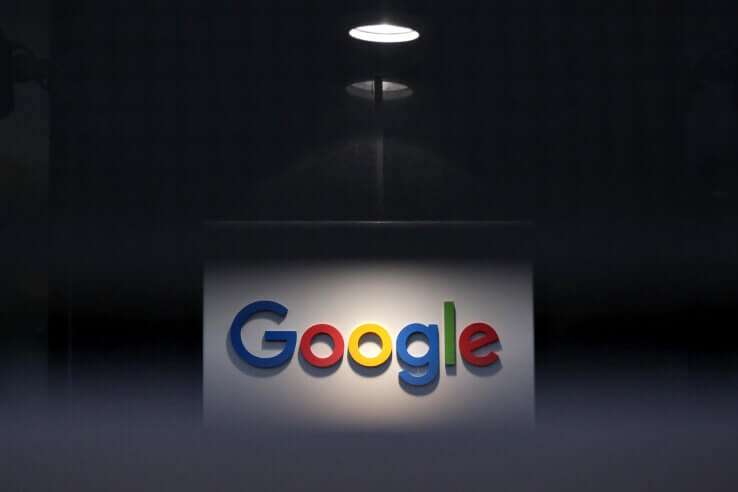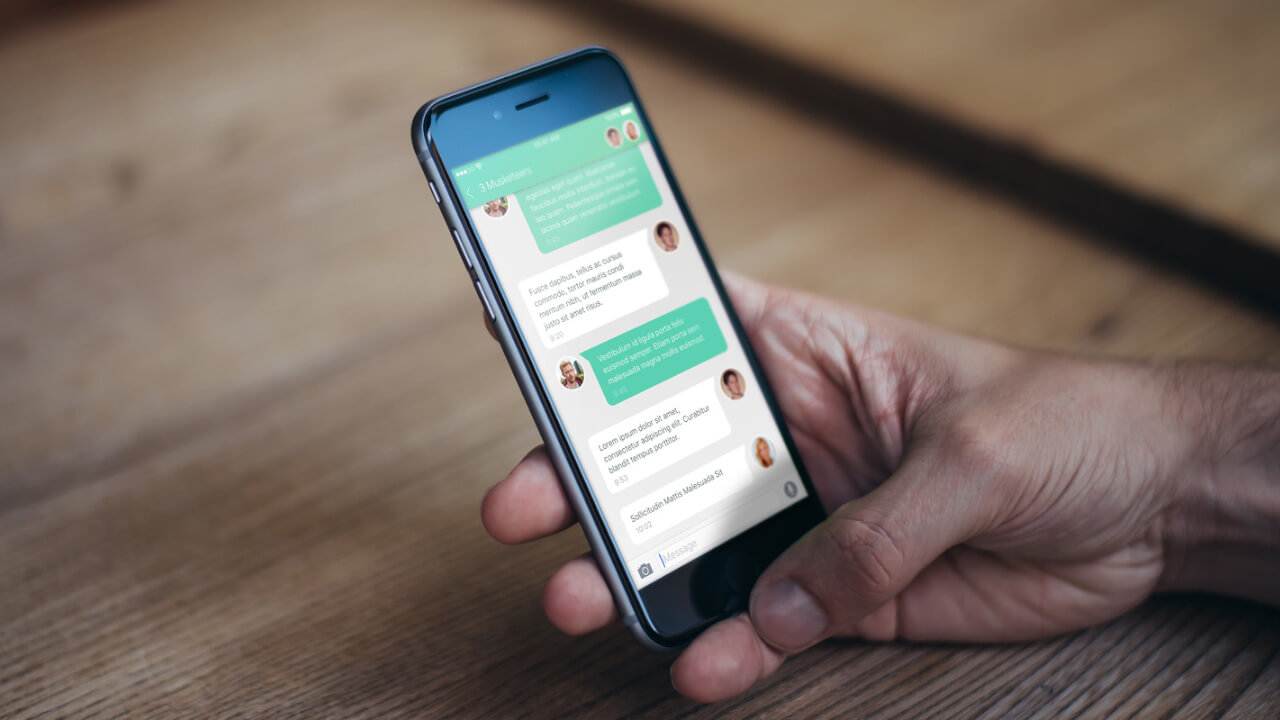
With over 4 billion searches happening every day, the Google ecosystem continues to be one of the best suites of products available for hotels to drive online users to their website, and then convert those users into guests. With ongoing optimizations and new products being released regularly, it can be easy for hoteliers to fall behind on trends and miss opportunities to get the most out of their digital strategy through the entire Google ecosystem.
Below, we’ve outlined some of the latest developments from Google, including new products and enhancements to existing products, which can greatly impact the digital marketing results for hotels. We’ll also take a closer look at how each product can be utilized and share success stories from clients that have taken advantage of the full Google suite.
The Top 5 Google Trends of the Moment
Keeping up with current trends can be challenging, but the below will jumpstart your knowledge of what you need to know now about Google ecosystem. The latest developments, which can assist in producing incremental revenue and aiding in digital marketing efforts, include the following:
#1: Google AMP Stories add a visual layer to search engine results pages.
Google AMP Stories are making waves on search engine results pages (SERPs) by allowing users to view a quick snippet of content. Similar to Snapchat and Instagram Stories, hoteliers will be able to feature content within AMP Stories, which are going to be found across Google SERPs on both mobile and desktop. Though this hasn’t been rolled out yet, Stories will have their advantages, including appearing via keyword search rather than a social network following, and being script-based which presents the opportunity for semi-automation.
#2: Progressive Web Apps create an app-like user experience.
Users expect an app-like experience when they’re on your mobile site. One of the newest products is its Progressive Web Apps (PWA). Through the implementation of this product, hotel websites will have the ability to serve fast-loading, app-like experiences. With instant loading speeds, the user experience is immersive, even in poor network conditions. Why is this so important? As mobile page load time increases from one second to five seconds, the probability of a bounce increases by 90%.




